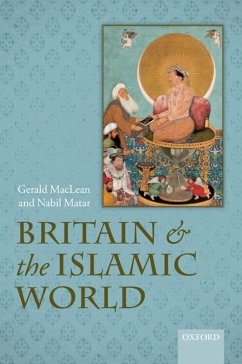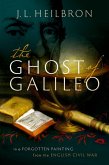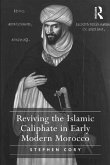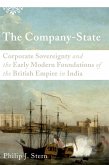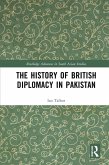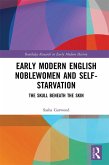Before they had an empire in the East, the British travelled into the Islamic world to pursue trade and to form strategic alliances against the Catholic powers of France and Spain. First-hand encounters with Muslims, Jews, Greek Orthodox, and other religious communities living together under tolerant Islamic rule changed forever the way Britons thought about Islam, just as the goods they imported from Islamic countries changed forever the way they lived. Britain and the Islamic World tells the story of how, for a century and a half, merchants and diplomats travelled from Morocco to Istanbul, from Aleppo to Isfahan, and from Hormuz to Surat, and discovered a world that was more fascinating than fearful. Gerald MacLean and Nabil Matar examine the place of Islam and Muslims in English thought, and how British monarchs dealt with supremely powerful Muslim rulers. They document the importance of diplomatic and mercantile encounters, show how the writings of captives spread unreliable information about Islam and Muslims, and investigate observations by travellers and clergymen who reported meetings with Jews, eastern Christians, Armenians, and Shi'ites. They also trace how trade and the exchange of material goods with the Islamic world shaped how people in Britain lived their lives and thought about themselves.
Dieser Download kann aus rechtlichen Gründen nur mit Rechnungsadresse in A, B, BG, CY, CZ, D, DK, EW, E, FIN, F, GR, HR, H, IRL, I, LT, L, LR, M, NL, PL, P, R, S, SLO, SK ausgeliefert werden.

